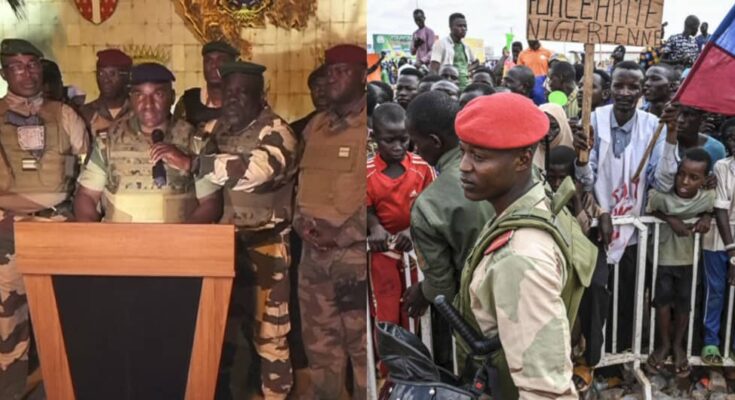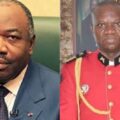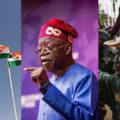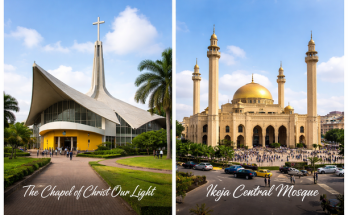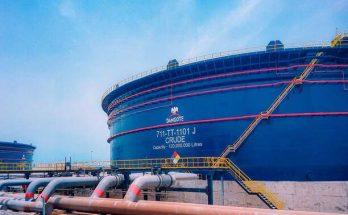In the early hours of Wednesday, Gabon witnessed a military takeover of its government, echoing the recent coup in Niger Republic.
This significant turn of events unfolded shortly after President Ali Bongo was announced as the winner of a third term by the state election body.
Here are the important facts to know about the Gabon coup
- The general election took place on August 26, 2023. The incumbent President, Ali Bongo Ondimba, sought re-election.
- The Gabonese Democratic Party, led by President Bongo, has held power since the country gained independence from France in 1960. This uninterrupted rule includes a 41-year period under Bongo’s father, Omar Bongo.
- Opposition parties and independent observers raised concerns about electoral fraud and irregularities, casting doubts on the credibility of the election.
- President Bongo was declared the winner on August 29. However, Albert Ondo Ossa, the runner-up, alleged electoral irregularities and denounced what he described as “fraud orchestrated by the Bongo camp.”
- Ondo Ossa claimed victory and urged Bongo to ensure a peaceful transfer of power based on his own count of the votes.
- The military-led coup led to the annulment of the election results, resulting in President Bongo being ousted.
- Celebrations erupted in the streets of Libreville as news of the coup spread.
- The coup occurred shortly after Bongo’s re-election was declared by the Gabonese electoral commission at 3:30 AM WAT. He was reported to have won with 64.27% of the vote.
- There has been no official statement from Gabon’s government, which is a member of the oil-producing group OPEC. President Bongo’s current whereabouts remain unknown since he was last seen publicly casting his vote.
- This marks the eighth coup in West and Central Africa since 2020. Previous coups have occurred in countries such as Niger, Mali, Guinea, Burkina Faso, and Chad.
- Bongo’s family has ruled Gabon for 56 years. Critics argue that little has been done to distribute the nation’s wealth among its population, a third of whom live in poverty.
- In a speech on Gabon’s Independence Day, President Bongo pledged not to allow the country to be destabilized by coup attempts, showing his commitment to maintaining stability.
- The coup underscores the complex dynamics of power struggles and governance challenges in West and Central Africa.
- The region’s history of coups raises concerns about political stability and democratic progress.
- The international community, including regional organizations like ECOWAS and the African Union, may monitor the situation closely.
- The political turmoil could impact Gabon’s economy, particularly its oil-dependent resources.
- Military interventions highlight the role of armed forces in shaping political landscapes.
- Calls for peaceful resolutions amid political tensions are important for preventing further disruptions.
- Amidst political upheavals, citizens’ aspirations for effective governance and development remain crucial.
- The coup’s aftermath leaves Gabon’s political future uncertain, raising questions about leadership, stability, and the nation’s trajectory.
As Gabon deals with this changing political situation, we can see similarities with what’s been happening in nearby countries. This shows how power and how things are run are really complicated in West and Central Africa. The coup in Gabon is like another part of the ongoing story of how politics is changing in this area.

